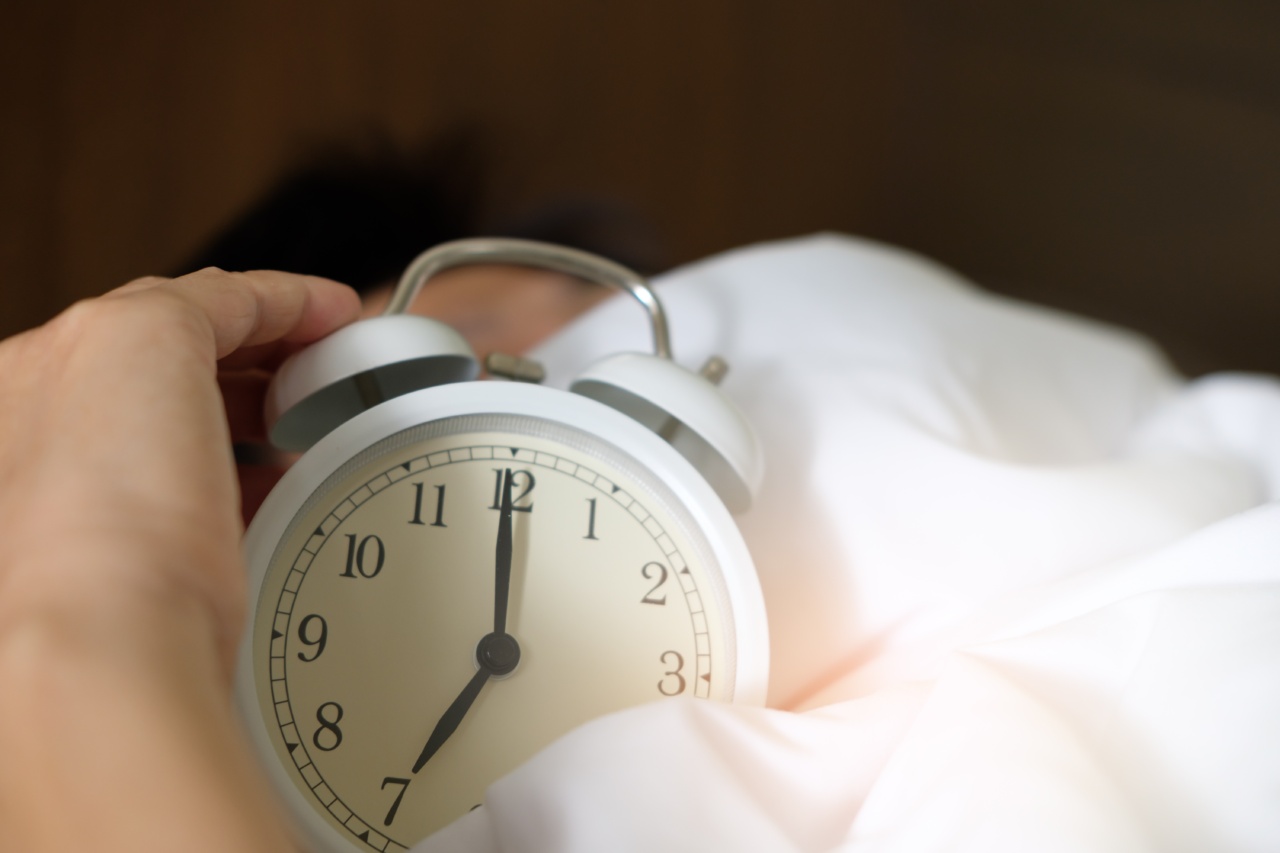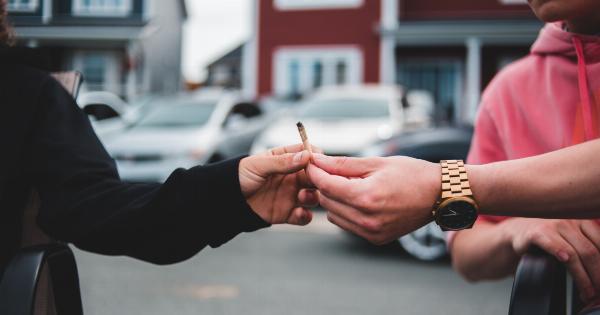As teenagers go through puberty, they experience a range of hormonal changes that can impact their sleep patterns.
Unfortunately, many teenagers aren’t able to get the amount of quality sleep they need because of school, social activities, and technology distractions. This article will explore the latest research on teen sleep habits and offer tips for improving sleep quality.
The Importance of Sleep for Teenagers
Sleep plays an important role in physical and mental health for people of all ages, but teenagers are particularly vulnerable to the negative effects of sleep deprivation.
According to a study published in the journal Pediatrics, teenagers who don’t get enough sleep are more likely to experience depression, anxiety, and other mental health issues. They’re also at higher risk for obesity, poor academic performance, and car accidents.
It’s recommended that teenagers get between 8 and 10 hours of sleep per night, but many don’t come close to meeting this goal.
In fact, the Centers for Disease Control and Prevention (CDC) reports that around 73% of high school students in the U.S. don’t get enough sleep on school nights.
The Impact of Technology on Teen Sleep Habits
One of the biggest obstacles to good sleep for teenagers is technology. Many teenagers stay up late scrolling through their phones or watching videos on their tablets, which can disrupt their sleep-wake cycles.
The blue light emitted by screens can also interfere with the production of the hormone melatonin, which regulates sleep.
Research also suggests that using technology before bed can impact the quality of sleep.
According to a study published in Child Development, teenagers who spent more time using technology before bedtime had more difficulty falling asleep, waking up more during the night, and feeling tired in the morning.
The Role of School Start Times
Another factor that can impact teen sleep habits is school start times. Many schools start early in the morning, which can be particularly challenging for teenagers who need more sleep than adults.
According to the American Academy of Sleep Medicine, shifting school start times to 8:30 a.m. or later can improve sleep duration and quality for teenagers.
Research supports this recommendation.
According to a study published in the Journal of Clinical Sleep Medicine, high school students who had later school start times obtained more sleep and were less likely to experience daytime sleepiness compared to those with earlier start times.
How to Improve Teen Sleep Habits
If you’re the parent of a teenager or a teenager yourself, there are several steps you can take to improve sleep habits:.
1. Limit Technology Use Before Bed
Turn off all electronics at least an hour before bedtime to allow the brain to unwind and prepare for sleep.
2. Establish a Consistent Bedtime Routine
Set a consistent bedtime and wake-up time, even on weekends. This will help regulate the body’s internal clock and promote better sleep.
3. Create a Sleep-Conducive Environment
Make sure the bedroom is dark, cool, and quiet. Consider investing in blackout curtains and a white noise machine to create a peaceful and relaxing sleep environment.
4. Exercise Regularly
Physical activity during the day can help promote better sleep at night. However, avoid exercising too close to bedtime, as the energy boost can make it difficult to fall asleep.
5. Avoid Caffeine and Nicotine
Both caffeine and nicotine are stimulants that can keep you awake and disrupt sleep. Avoid them at least a few hours before bedtime.
6. Consider Cognitive Behavioral Therapy for Insomnia (CBT-I)
CBT-I is a type of therapy that helps individuals identify and address negative thoughts and behaviors that contribute to sleep issues. It can be effective for treating insomnia and promoting better sleep habits.
Conclusion
Teenagers need quality sleep to support physical and mental health, but many struggle to get the recommended amount of sleep. Technology, school start times, and other factors can contribute to sleep deprivation.
However, by following evidence-based recommendations and developing healthy sleep habits, teenagers can wake up feeling rested and ready for the day ahead.





























